October 10, 2014
Cameron Harder. Discovering the Other: Asset-Based Approached to Building Community Together. Herndon, VA: The Alban Institute, 2013 (Kindle edition).
Review by Martin Homan
Cameron Harder writes this book to assist the reader to find the other – the other in the congregation and the other in the community. The author approaches these tools from the perspective of a pastor, seminary professor and a community builder in the congregation as well as in the community. The author works with community building tools that are community-based participatory research tools based on the work of Paulo Freire.
Harder moves the church from the pastor serving as the conduit for all stories and narrative to the congregation sharing and learning from one another’s stories. Two of the community-based tools the author presents in this book are asset mapping and appreciative inquiry. The author’s background for this book is his work as a Lutheran pastor and seminary professor in a Lutheran seminary in western Canada. His desire is to revitalize small congregations in this part of Canada.
Harder moves the user from shame-based deficit thinking in congregations to positive asset based thinking. The author asserts that the church’s mission is God’s mission. The work and the mission of the church is based on the life of the Trinity. The author asserts that “If God’s mission is to build communities that reflect the quality of life shared by Father, Son, and Spirit, then the church must find its own calling within that divine impulse” (loc 277). He suggests that we model our communities on the “social doctrine of the Trinity.”
This book is an attempt to weave community-based tools into a theological and biblical construct. The author focuses on the divine community with the following line of reasoning:
- “All of creation is interconnected.”
- “This interdependence has been created and is sustained by God.”
- “All of creation is connected to itself through God is intimately involved with the life and history of creation.”
- “Taking on human flesh, God’s connection to creation becomes clearly visible to us” (loc 407-417).
I find it refreshing to follow a conversation that not only works on community-based public theology that has a Law-Gospel lens. We are to look at the church as living and working in the community. Rituals are important – liturgies for life – that “give communities a way to celebrate (harvests or holidays) or lament (deaths and disasters)” (loc 1111).
He weaves in Ed Chambers from Industrial Area Foundation (IAF). Chambers believes that churches can serve as excellent home bases for community building:
- “Almost all congregations own a building.”
- “Churches have at least one full- or part-time staff person who is trained in leadership development.”
- “Congregations have a fund-raising system.”
- “Churches have a network of volunteers who regularly offer, or are asked to offer, their time, experience, skills, and personal connections.”
- “Churches have grassroots membership and the respect of their communities.”
- “Most congregations are connected regionally, nationally, and globally through their denominations.”
- “Churches are concerned for and talk about the well-being of their communities” (loc 1214-1248).
Chapter 3 is a conversation on appreciative inquiry from a theological perspective. Harder draws on Rob Voyle’s appreciative way and develops his own variation of appreciative inquiry.
Harder presents asset mapping and develops a theological perspective for this sociological tool. He draws on the outline as developed by Luther Snow and other asset mapping materials from Snow.
In chapter 5, Harder focuses on the importance of going beyond strengths and focusing on weaknesses. The author advocates the importance of the small church and the web of relationships and community. Do we need a new vision based on the role of the small congregation and discipleship?
Cameron Harder presents three appendices presenting the reader with three tools on appreciative inquiry that he has developed for use in congregations. These tools were field tested by his seminary students as well as his own work in congregations. These appendices are:
- Appendix A: Sample Appreciative Interview Questions
- Appendix B: Steps in Doing a Faith-Based Appreciative Inquiry
- Appendix C: Doing an Appreciative Inquiry in Small Groups
I commend this book to the reader looking for a theological perspective and foundation for those using community-based tools in churches.

